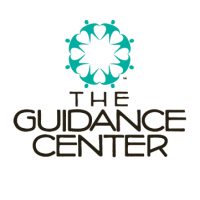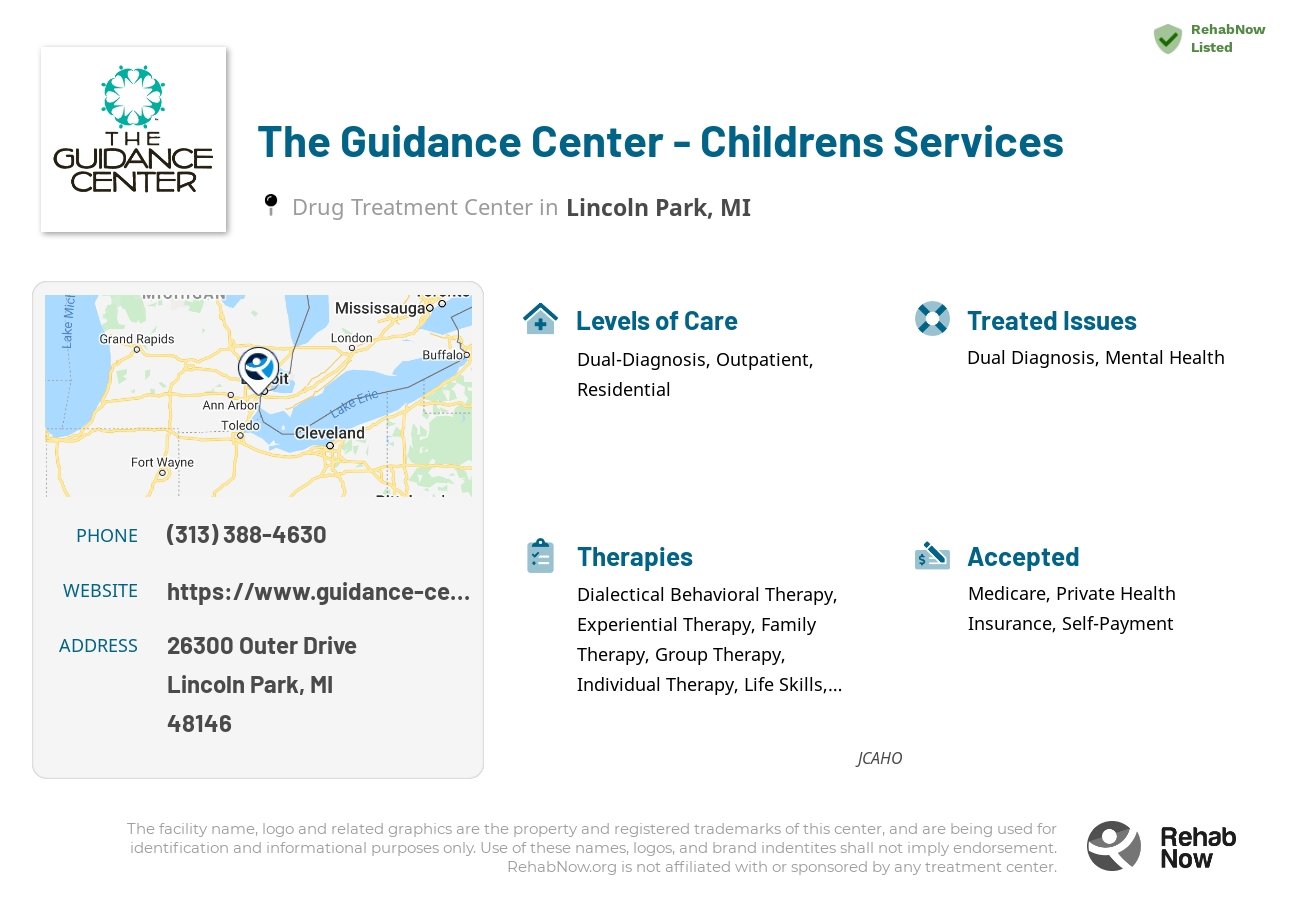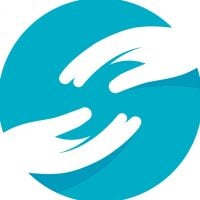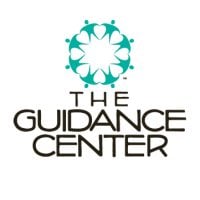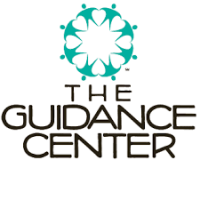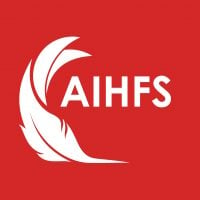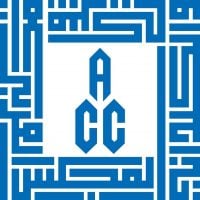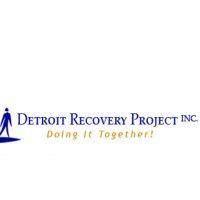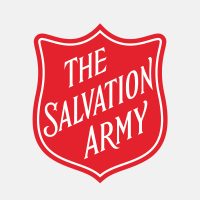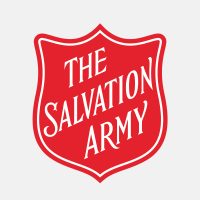The Guidance Center - Childrens Services
Drug Rehab Center in Lincoln Park, Michigan
The Guidance Center - Childrens Services in Lincoln Park, Michigan provides comprehensive services for individuals struggling with substance abuse and addiction, including counseling, assessments, interventions, referrals, and aftercare, as well as family therapy and educational classes, and is accredited by the Joint Commission and recognized by the Michigan Council on Substance Abuse.
About The Guidance Center - Childrens Services in Michigan
The Guidance Center - Childrens Services in Lincoln Park, Michigan is dedicated to providing quality, comprehensive services to individuals struggling with substance abuse and addiction. This center offers a full range of services, including outpatient counseling, assessments, interventions, and referrals to additional recovery and rehabilitation services. Their staff is experienced in helping clients look at the underlying issues contributing to their addiction and create a treatment plan tailored to the individual's needs and goals.
The Guidance Center - Childrens Services offers a variety of services to help individuals identify and address the root causes of their addiction. They provide individual and group counseling, as well as family therapy to support the healing process. Additionally, they offer educational classes to help increase knowledge and understanding of addiction and treatment. The center also provides aftercare services, such as relapse prevention, to help individuals maintain sobriety once they finish the program.
The Guidance Center - Childrens Services is committed to providing quality, evidence-based treatment and is accredited by the Joint Commission, a nationally recognized health care accreditation organization. Additionally, they have been recognized by the Michigan Council on Substance Abuse for their excellence in helping individuals struggling with substance abuse and addiction. The center also offers scholarships to individuals who cannot afford to pay for treatment.
Genders
Ages
Modality
Additional
Accreditations

JCAHO
Conditions and Issues Treated
Recovery is not simply about stopping drug use. Recovery is working with addiction while recovering mental health issues that are fueling the addiction in the first place.
Levels of Care Offered
This center offers a variety of custom treatment tailored to individual recovery. Currently available are Dual-Diagnosis, Outpatient, Residential, with additional therapies available as listed below.
Outpatient treatment is considered the lower intensity level of addiction treatment. It’s ideal for early phase addiction or lower intensity addictions. It may include weekly sessions instead of daily. It may include weekly sessions instead of daily. Peer group support, 12-step programs, and individual counseling may still be involved but at a lesser frequency than an intensive outpatient program. It is a good choice for someone who doesn’t need to go through a medically supervised detox and who has a supportive home environment. It requires motivation and dedication to commit to the program without constant monitoring.
Residential treatment programs are those that offer housing and meals in addition to substance abuse treatment. Rehab facilities that offer residential treatment allow patients to focus solely on recovery, in an environment totally separate from their lives. Some rehab centers specialize in short-term residential treatment (a few days to a week or two), while others solely provide treatment on a long-term basis (several weeks to months). Some offer both, and tailor treatment to the patient’s individual requirements.
Therapies & Programs
Individual therapy involves one-on-one sessions between the patient and therapist. It provides patients with a safe environment to openly discuss personal and sensitive issues with the therapist. They find the therapist as someone they can trust. Individual therapy aims to identify the core issues that would have led the patient to substance abuse and address them effectively. The therapist can develop patient-specific customized solutions through individual therapy, which aids speedier recovery.
Family therapy is a group problem-solving that aims to improve communication and relationships between the addict, their family, and sometimes friends. The main goal of family therapy for drug addiction is to create an environment where communication can occur without judgment, hostility, or blame. The therapist is with the family as they learn to communicate differently, especially with the addict when s/he is using. The family can learn to reduce their enabling behavior or rally together and support each other during tough times.
An addict’s family can play a vital part in helping them to avoid relapse because they can spot the warning signs and help them get back on track before it becomes too much of a problem. Family therapy is one of the most effective ways to help addicts stay on the path to long-term sobriety. When a drug addict decides that they want to try and get sober, it takes the support of every person they love to succeed. It can be incredibly difficult for loved ones to watch an addict go through the pain and suffering of withdrawal, but by being there with them and supporting them, they can help to make sure that the addiction never returns.
Groups typically involve meetings with other recovering addicts who can relate to one another’s experiences. They might meet in person or online and typically focus on the process of staying sober rather than overcoming a specific addiction.
In these groups managed by The Guidance Center - Childrens Services, addicts can build a sense of community and develop strong emotional connections with others who understand what they are going through. These beneficial relationships can help addicts overcome their cravings and prevent relapse at any point during the recovery process.
In general, trauma therapy is a clinical process that helps individuals deal with mental stress often caused by traumatic events. The therapist helps the person identify, understand, and work through the problem. This is done with the help of talking about it in group or one-on-one counseling sessions. Therapists use relaxation, role-playing, art, and music to help the person open up about what is bothering them.
There are many different types of trauma therapists, such as psychiatric nurses and counselors. Not everyone is a good candidate for this type of therapy; it is generally reserved for people who have recently experienced a traumatic event and struggle to get over it. It is often done for children, teenage victims of sexual assault, and war veterans.
Dialectical Behavior Therapy (DBT) is a type of therapy created in the late 1980s and early 1990s to help people with high rates of suicidal behavior. DBT helps people learn how to live a life that is no longer controlled by overwhelming emotions and urges. It is beneficial in treating drug addiction because it helps patients understand and cope with their cravings for drugs or alcohol rather than turning to those substances as a way of coping.
Since addiction is a chronic physical and mental illness, addicts need to learn as many life skills as possible. Many drug treatment centers offer life skills activities as part of their addiction recovery programs. Examples include cooking classes, employment training, resume writing seminars, parenting classes, and computer training. Life skills activities help addicts find employment, take care of their families, and give back to the community.
The goal of medical nutrition therapy for drug and alcohol addiction is to help patients avoid “trigger” foods. For example, someone who craves alcohol may be addicted to sugar. Making sure this person eats a balanced diet with recommended amounts of protein, vegetables, and fruit can help manage urges to drink.
Nicotine replacement therapy treats nicotine addiction using external sources of nicotine, such as patches or gum to substitute for nicotine. This allows people trying to quit smoking to get their desired dose of nicotine without actually having to smoke cigarettes. The idea behind NRT is that by providing smokers with nicotine in forms that are not cigarettes, they may be more likely to quit smoking.
NRT has been available for many years now, and there is a wealth of evidence that shows that it helps people trying to quit smoking. There are several different types of NRT devices on the market now. Patients interested in quitting smoking should talk to their doctors about the best kind of NRT for them.
Patient Experience
Experiential Therapy at The Guidance Center - Childrens Services
Experiential Therapy teaches people how to think differently about their lives and change their emotions by changing their behavior. This type of treatment is accomplished with various activities that may involve acting, props, arts and crafts, animal care, or other tools that may be effective.
This therapy aims for patients to release suppressed thoughts that cause bad feelings and drug addiction. Role-playing, arts and crafts, music, animal care, rock climbing, etc., are some of the activities used in this therapy. Gradually an individual will feel calmer and more loving which will change their perception positively. In addition to treating drug addiction, experiential therapy is beneficial for different behavioral and eating disorders.
Payment Options Accepted
For specific insurance or payment methods please contact us.
Is your insurance accepted?
Ask an expert, call (888) 674-0062
The Guidance Center Associated Centers
Discover treatment facilities under the same provider.
- The Guidance Center - Kids Talk Childrens Advocacy Center - Northline Road in Southgate, MI
- The Guidance Center - Adult and Family Services in Southgate, MI
- The Guidance Center - Adult Services in Southgate, MI
- The Guidance Center - Kids Talk Childrens Advocacy Center - Ferry Street in Detroit, MI
Learn More About The Guidance Center Centers
Additional Details
Specifics, location, and helpful extra information.
Lincoln Park, Michigan 48146 Phone Number(313) 388-4630 Meta DetailsUpdated November 25, 2023
Staff Verified
The Guidance Center - Childrens Services Patient Reviews
There are no reviews yet. Be the first one to write one.
Lincoln Park, Michigan Addiction Information
Michigan has the second-highest rate of drug and alcohol abuse in the nation. Heroin is linked to more than 50% of the state's hepatitis C cases. Marijuana is the drug most often associated with crimes in Michigan, followed by methamphetamines. Opioids alone are responsible for almost 20% of all drug overdose deaths in Michigan.
The drug addiction problem in Lincoln Park, MI is severe. There were over 2500 admissions to drug treatment facilities in 2016 from Lincoln Park, MI. The most common age group for those admitted to rehab was 25-34 years old (32.4%). The goal of drug treatment is to help people overcome their addiction and get back to their everyday lives. Treatment typically involves a combination of individual and group therapy, as well as medication.
Treatment in Nearby Cities
- Alpena, MI (194.4 mi.)
- Kingsford, MI (345.4 mi.)
- Bessemer, MI (448.4 mi.)
- Saint Joseph, MI (170.8 mi.)
- Wakefield, MI (443.9 mi.)
Centers near The Guidance Center - Childrens Services
The facility name, logo and brand are the property and registered trademarks of The Guidance Center - Childrens Services, and are being used for identification and informational purposes only. Use of these names, logos and brands shall not imply endorsement. RehabNow.org is not affiliated with or sponsored by The Guidance Center - Childrens Services.
